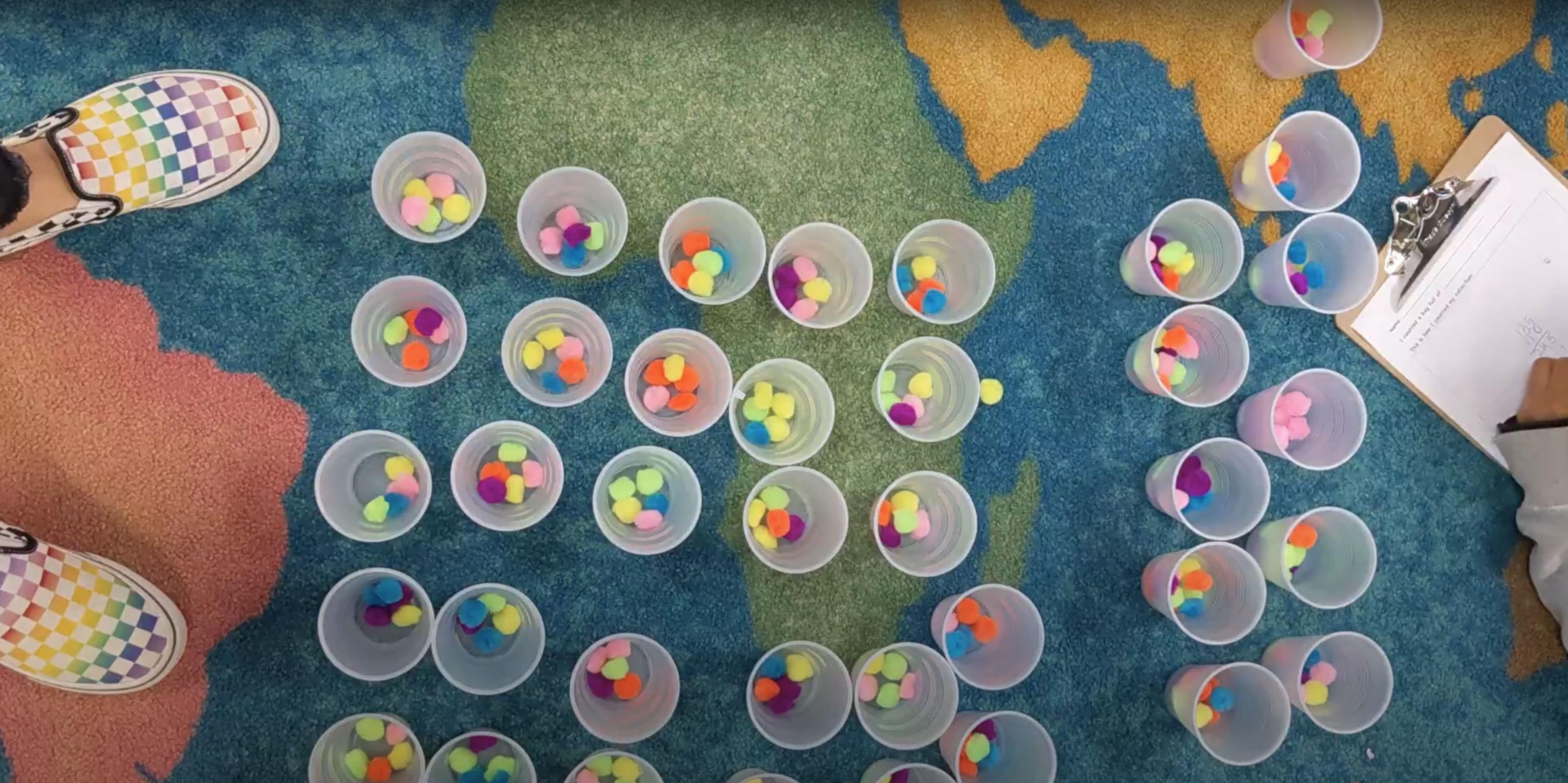Addressing unfinished learning in mathematics: Games for Access to Mathematical Engagement (GAMEs) This project is a collaboration with the Santa Barbara Unified School District. Understanding that students need more support with unfinished learning in math, and that we can provide that in a way that increases (not decreases) mathematical agency and empowerment, we have co-designed (with educators in the district) an intervention using non-digital math games. Undergraduates at UCSB push into 3rd and 4th grade classrooms to engage students in math games. We also have a parallel study using single case research design to look at the efficacy of individual games. https://cpr3.ucsf.edu/children-adolescents-lambert
Emotion, Identity and Intersectionality in Mathematics; Theorizing Complex Embodiment in Mathematics: Using interview and ethnographic data from multiple longitudinal studies, we are analyzing how disabled students construct identifications (or not) with mathematics, including how they are positioned in terms of disability, race, genders, and class. We are studying how mathematical learning is embodied through individual experience, including positioning and neurodiversity, and other aspects of intersectionality. Collaboration with scholars Rebeca Mireles Rios, David Hernandez Saca, Katie Lewis and Marilyn Monroy Castro.
Universal Design for Learning + Math + Design Thinking: In this project, I am working with Kara Imm and other colleagues to integrate Design Thinking for Educators into UDL Math (a specifically mathematical version of UDL I have been working on). Empathy and beginning from the perspectives of marginalized students are critical to this work. New article here and a new website (designing4inclusion.com).
Neurodiversity Math Project: Collaboration with Edmund Harriss (University of Arkansas)(website) on developing understanding of the mathematical thinking/strengths of adults with dyslexia, focused on those who work in STEM. We seek to better understand how strengths associated with dyslexia, such as visual-spatial skills, may impact mathematical thinking at the highest levels. Our work is designed to leverage the understandings of experts with dyslexia, otherwise known as people with dyslexia.
Number Strings 4 Number Sense: In this project, we are analyzing the participation and mathematical thinking of students (focusing on neurodiverse students) in grades 3-5 who participate in a series of number string routines on multiplication and/or division. In the 21-22 school year, we explored new approaches to intervention, such as Math Circles that privilege problem solving and construction of mathematical identities. Collaboration with Tomy Nguyen, Monica Mendoza and Avery McNiff.
Critical Analysis of Mathematics Education from a Disability Studies Perspective: In this project, Paulo Tan (Johns Hopkins University), Alexis Padilla and myself have been analyzing how research in math learning differs based on whether or not the learner has a disability. We seek to understand more about how disabled students are framed by research. This work applies critical mathematics, DisCrit, and disability studies perspectives to math research.
